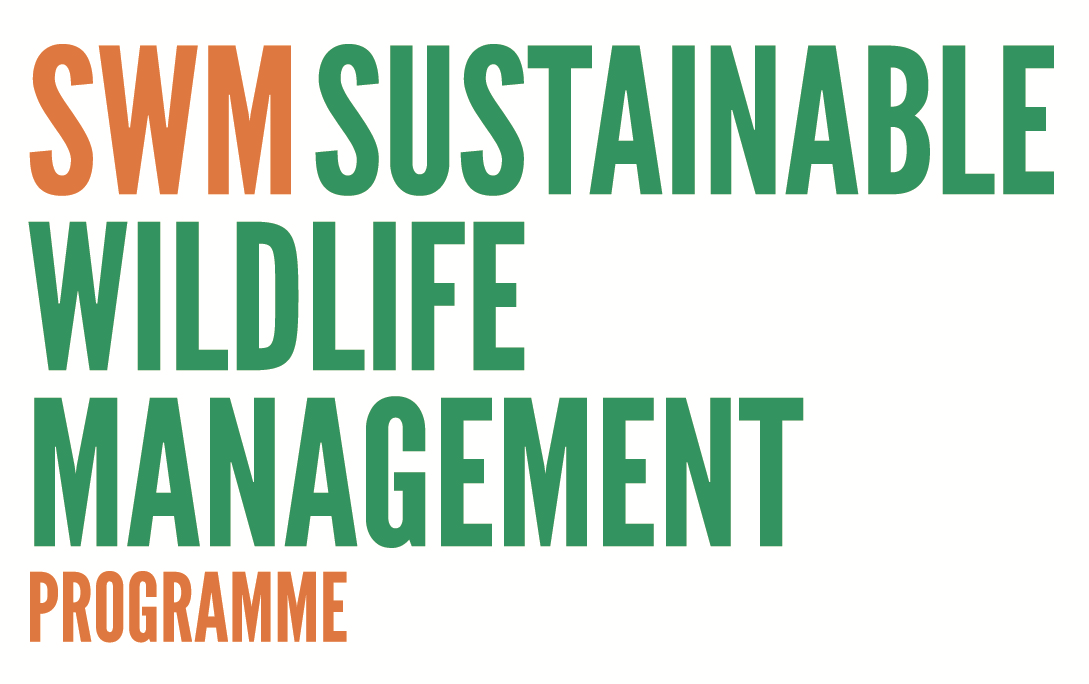Main side event at UNCBD COP15
Wild meat and the post-2020 Global Biodiversity Framework: highlights from the Sustainable Wildlife Management Programme
Millions of people around the world depend on wild meat for food and income. It is an important source of protein, fat and micronutrients, particularly for Indigenous Peoples and rural communities in tropical and subtropical regions of Africa, Asia, the Caribbean, Latin America and the Pacific.
As recalled by Decision 14/7 adopted by the Conference of the Parties to the Convention on Biological Diversity: “Unprecedented extraction rates cause the decline of numerous wildlife populations and endanger foundation species critical to the functioning of ecosystems. Illegal and unregulated harvesting, increased hunting pressure, alongside rising rates of habitat destruction and conversion in tropical forest regions, make it highly likely that wild meat supplies in some tropical and subtropical countries will diminish”. Yet, recent studies have shown that overhunting for food is now threatening hundreds of wildlife species with extinction.
The Sustainable Wildlife Management (SWM) Programme was launched in 2017 to address these challenges. SWM is an Organization of African, Caribbean and Pacific States (OACPS) initiative. It is funded by the European Union (EU) with co-funding from the French Facility for Global Environment (FFEM) and the French Development Agency (AFD). The SWM Programme is implemented through a consortium, which includes the Food and Agriculture Organization of the United Nations (FAO), the Center for International Forestry Research (CIFOR), the French Agricultural Research Centre for International Development (CIRAD), and the Wildlife Conservation Society (WCS).
The SWM Programme works with and supports national authorities, local institutions and rural communities, both at local level (project sites) and at the national level. The goal is to develop innovative and scalable models, which conserve wildlife and protect ecosystems, whilst at the same time improving the living conditions, health, and food security of the people who depend on these resources. The SWM Programme also seeks to prevent zoonotic pathogens spillover along wild meat value chains.
The SWM Programme is the first and largest wild meat initiative of its kind that is addressing the interconnected issues of wildlife conservation, food security and zoonotic risks. The programme is currently being implemented in 15 countries.
This side event will explore participatory opportunities to promote sustainable solutions to wild meat consumption in different contexts. The SWM Programme will present the progress being made towards the implementation of the Decision 14/7 on sustainable wildlife management and the Voluntary Guidance for a sustainable wild meat sector adopted by UNCBD COP14. The discussions will be enriched by the SWM Programme initial work on the development of indicators that measure sustainability, legality and safety of harvest, use and trade in wild species (across all taxa). This includes species hunted for their meat.
Agenda to follow















